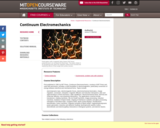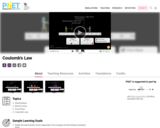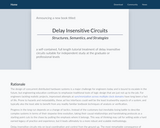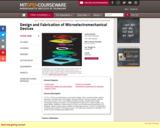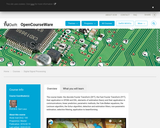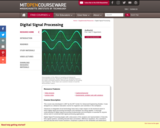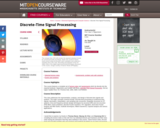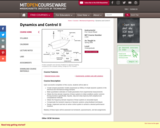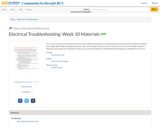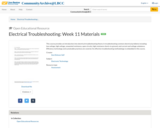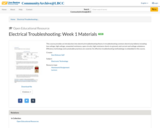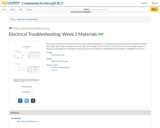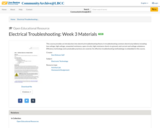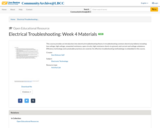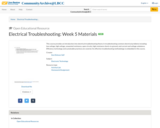Short Description:
Hostile use of Unmanned Aircraft Systems (UAS) technology is on the forefront of DoD defense and offensive planners.Our Counter-UAS (C-UAS) textbook has as its primary mission to educate and train resources who will enter the UAS / C-UAS field and trust it will act as a call to arms for military and DHS planners.
Long Description:
As the quarter-century mark in the 21st Century nears, new aviation-related equipment has come to the forefront, both to help us and to haunt us. (Coutu, 2020) This is particularly the case with unmanned aerial vehicles (UAVs). These vehicles have grown in popularity and accessible to everyone. Of different shapes and sizes, they are widely available for purchase at relatively low prices. They have moved from the backyard recreation status to important tools for the military, intelligence agencies, and corporate organizations. New practical applications such as military equipment and weaponry are announced on a regular basis – globally. (Coutu, 2020) Every country seems to be announcing steps forward in this bludgeoning field.
In our successful 2nd edition of Unmanned Aircraft Systems in the Cyber Domain: Protecting USA’s Advanced Air Assets (Nichols, et al., 2019), the authors addressed three factors influencing UAS phenomena. First, unmanned aircraft technology has seen an economic explosion in production, sales, testing, specialized designs, and friendly / hostile usages of deployed UAS / UAVs / Drones. There is a huge global growing market and entrepreneurs know it. Second, hostile use of UAS is on the forefront of DoD defense and offensive planners. They are especially concerned with SWARM behavior. Movies like “Angel has Fallen,” where drones in a SWARM use facial recognition technology to kill USSS agents protecting POTUS, have built the lore of UAS and brought the problem forefront to DHS. Third, UAS technology was exploding. UAS and Counter- UAS developments in navigation, weapons, surveillance, data transfer, fuel cells, stealth, weight distribution, tactics, GPS / GNSS elements, SCADA protections, privacy invasions, terrorist uses, specialized software, and security protocols has exploded. (Nichols, et al., 2019) Our team has followed / tracked joint ventures between military and corporate entities and specialized labs to build UAS countermeasures.
As authors, we felt compelled to address at least the edge of some of the new C-UAS developments. It was clear that we would be lucky if we could cover a few of – the more interesting and priority technology updates – all in the UNCLASSIFIED and OPEN sphere.
Counter Unmanned Aircraft Systems: Technologies and Operations is the companion textbook to our 2nd edition. The civilian market is interesting and entrepreneurial, but the military and intelligence markets are of concern because the US does NOT lead the pack in C-UAS technologies. China does. China continues to execute its UAS proliferation along the New Silk Road Sea / Land routes (NSRL). It has maintained a 7% growth in military spending each year to support its buildup. (Nichols, et al., 2019) [Chapter 21]. They continue to innovate and have recently improved a solution for UAS flight endurance issues with the development of advanced hydrogen fuel cell. (Nichols, et al., 2019) Reed and Trubetskoy presented a terrifying map of countries in the Middle East with armed drones and their manufacturing origin. Guess who? China. (A.B. Tabriski & Justin, 2018, December)
Our C-UAS textbook has as its primary mission to educate and train resources who will enter the UAS / C-UAS field and trust it will act as a call to arms for military and DHS planners.
Word Count: 106442
ISBN: 978-1-944548-27-8
(Note: This resource's metadata has been created automatically by reformatting and/or combining the information that the author initially provided as part of a bulk import process.)

